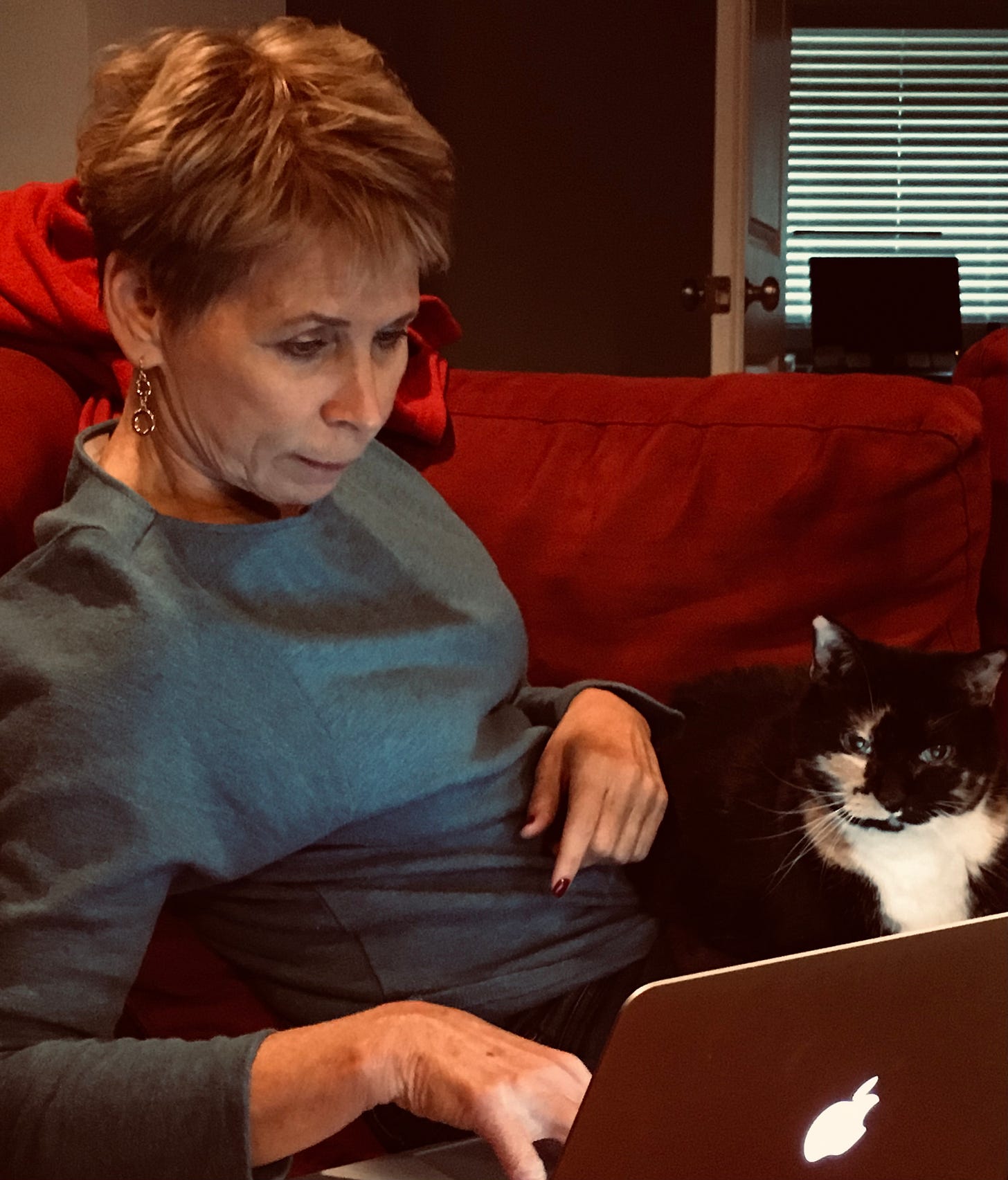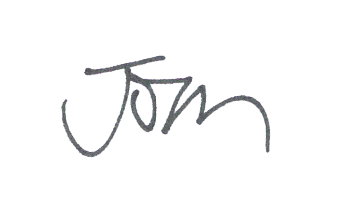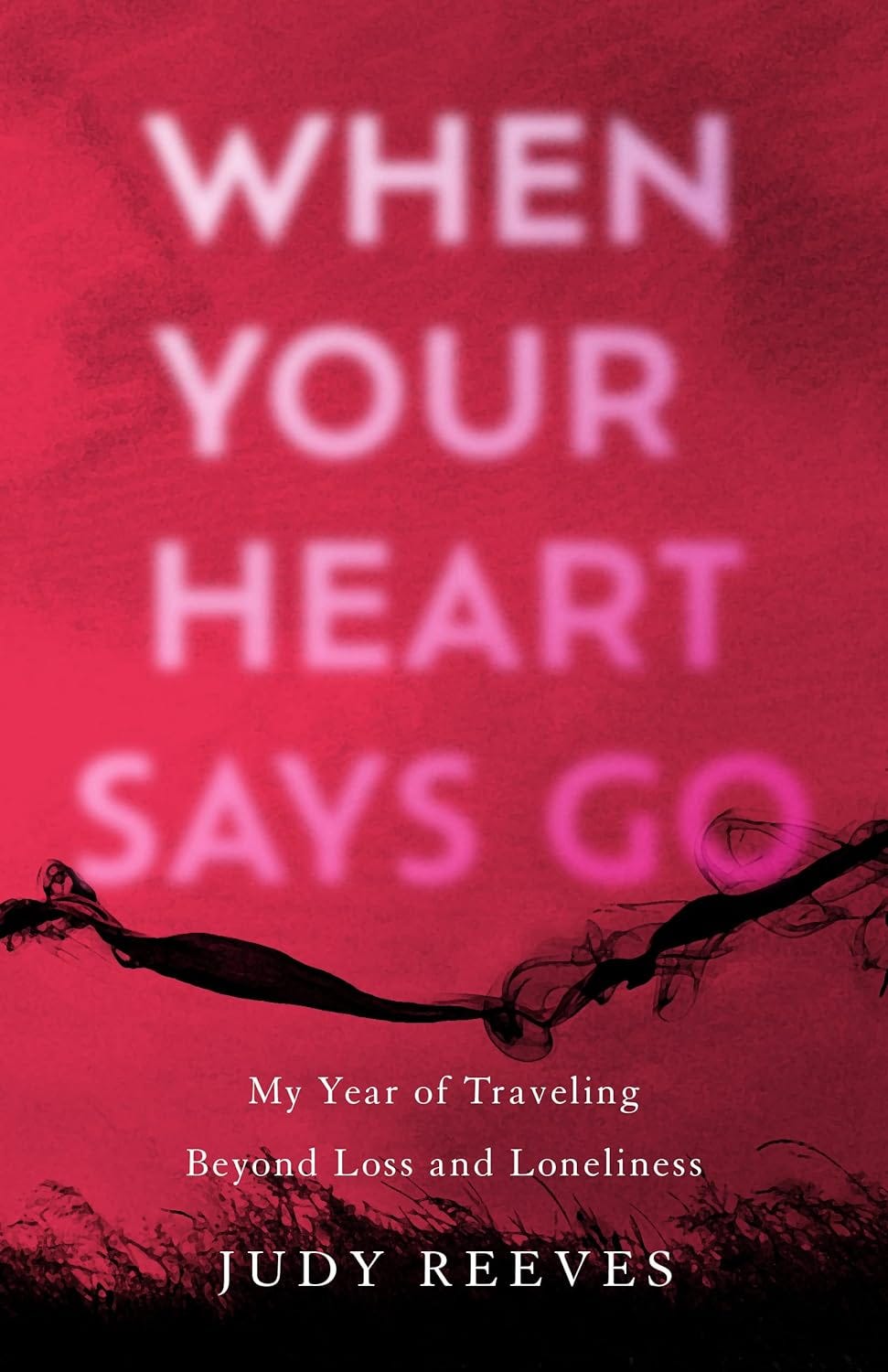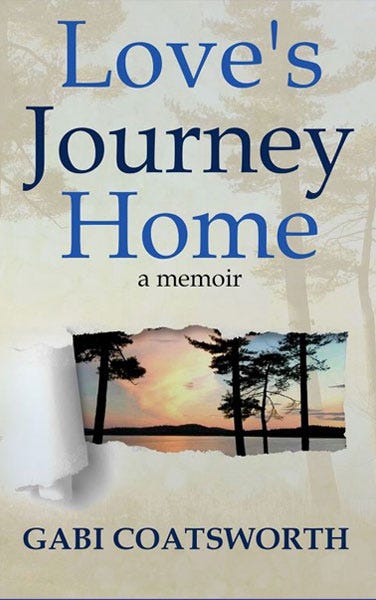Digging in with Joan Fernandez is a free email newsletter exploring narratives and notes celebrating the strength and resilience of women. Sign up here.
"The opening line sets the tone." Stephen King advises in his book, On Writing: A Memoir of the Craft. Twenty-four weeks ago, last October, I published my first Opening Lines post to introduce bits of myself. Almost half a year ago!
It’s high time to write a little biographical update, especially as introduction and thanks to new followers and subscribers.
Using the opening lines from literature as triggers to recall anecdotes reminds me of hanging out with friends and swapping stories. I wrote these in roughly chronological order, but you know what it’s like to be with buddies: Stories come fast and furious.
Knowing a little about where people come from gives clues on why they ended up as they are today. I think you’ll see hints of how I’ve landed as a historical fiction author.
And since this will publish the week of April Fool’s Day, it feels right to give this another go, except. . .
I’m not foolin’. . .
These stories really happened.
Introducing Myself with Opening Lines
“Once there were four children whose names were Peter, Susan, Edmund, and Lucy. This story is about something that happened to them when they were sent away from London during the war because of the air-raids.” The Lion, the Witch and the Wardrobe, C.S. Lewis (1950).
Once there were four children whose names were Ben, Joan, Meg, and Dan. Our story began when Dad left the CIA as an analyst to become an economics professor at a liberal arts college in central Illinois. The move—from metro D.C. to a college campus situated up high on limestone bluffs above the Mississippi—gave us kids a unique upbringing: One foot in a resilient farming community, the other in a stimulating academic arena. Growing up I heard diverse speakers from Buckminster Fuller to Phyllis Schlafly speak at the college. At fourteen, I had a two-week summer job at the college’s adult ed program toting a flashlight to usher late-comers to their seats to watch the 13-episode film Civilisation by Kenneth Clark. Enthralled, I sat on the steps of the darkened theater staring at the screen. World history unspooled a view so much larger than the cornfields and country roads familiar to me. Each of these experiences instilled a curiosity about the past and how we got here.
“If I am out of my mind, it’s all right with me, thought Moses Herzog.” Herzog, Saul Bellow (1964)
Fall of our junior year in college, it started as a dare with one of my BFF’s, Vicki. “What if we took a break? Left college for a while? No more classes!” The idea of it— a breather from exams and term papers—heaven! Our friends said, “You’re out of your minds.” Undaunted, we brainstormed where we’d go: Somewhere cool. A coast (we were in the Midwest so might as well dream for a beach). No relatives close by (too nosy). But, near a military base since Vicki had a dependent’s commissary privileges (her dad was career military) and, you know, it seemed like a grown-up thing to do: Save money on food. We narrowed our choices. Our get-away destination was obvious.
San Francisco.
Neither of us had a car—no problem—we signed up to be drivers with a car transport service. Made the cross-country trip in 30 hours so we could use the car in the city for a few days. Found an efficiency apartment (Sutter/Leavenworth) with a Murphy bed. Rented furniture: sleep sofa, dinette, bookcase. In 24 hours got a job as dishwashers until we both landed other work. A few months later I fell in love. We stockpiled friends, then, six months later, took a Greyhound back to the Midwest and ultimately, completed our college degrees. My friends, getting a practice round in Grownupville was lovely. (Thanks, Vicki!)
“I am an invisible man.” Invisible Man, Ralph Ellison (1952)
(Woman.) But this quote is less about me, more about how I became a storyteller of women’s courageous deeds. Back in my corporate days when I was a senior marketing executive, I managed brilliant teams that researched discrete groups of people. We dug into why Boomers, Gen Xers and Millennials carry different worldviews. How differing values between women and men transfer into distinct decision-making styles. And how the history of one’s racial group lives on and affects the present. It was eye-popping to identify the historical events that shaped group identities. We learned to see the world through others’ perspectives. I realized that there is so much more beyond the official historical record—so often, a simple regurgitation of the status quo for that time, leaving out and even erasing voices outside the dominant group. Among these are stories of brave women’s actions.
The empathy muscle I developed with this work planted the seed for my desire to bring these courageous women’s deeds to light in stories today.
“Alice was beginning to get very tired of sitting by her sister on the bank, and of having nothing to do: once or twice she had peeped into the book her sister was reading, but it had no pictures or conversations in it, ‘and what is the use of a book,’ thought Alice ‘without pictures or conversations?’” Alice’s Adventures in Wonderland, Lewis Carroll (1865)
I grew up hearing my mom calling, “Joanie, stop reading and come outside!” (so I went outdoors with my book). But once I revved up my corporate workaholic engine I think all I read for years was non-fiction: strategy, investments, marketing, inspiring biographies (especially on women execs as I searched for role models). All of which meant I was a pro at writing Corporate-speak.
Fast-forward to 2016 and I’m dipping my toe into thinking about becoming an author. I attend a 3-day writer’s conference at the Esalen Institute off the Pacific Coast Highway in California. Picture it: Me in my business casual khakis and loafers; everyone else in holey-jeans and Birkenstocks. Oh, geez. Second day in, I am sidling around trying (failing) to be invisible, totally impressed/overwhelmed by the creativity I’m hearing when people read their works aloud. “I can’t do this,” I’m sadly thinking, “I missed my shot.” I set my dinner tray down across from a woman who looks similar to my age. As if she could read my mind, she suddenly offers, “I’ve spent thirty years at a university. It’s taken me five years to clean academia from my writing.” I feel a rush. Just what I needed to hear. There’s hope I could clear out the Corporate-speak too.
Seven years later, I’m still working on it.
“All this happened, more or less.” Slaughterhouse-Five, Kurt Vonnegut (1969)
You be the judge!
What first line from literature sparks one of your stories?
Warmly,
P.S. Please check out
for joyful, thoughtful posts on igniting true purpose in life through expressing the soul.Book Recommendations of Soul-lifting Memoir
Order on Judy Reeves' website
When Your Heart Says Go
Remarkable, heart-rending, funny and brave
Reading memoir is an intimate experience. For me, even closer than reading a novel with a first-person point-of-view, for in a memoir I’m invited to pull up a chair, sit close, and listen well as another’s story is unspooled. It’s like one of those rare late-night conversations when the nutty storytelling gradually sloughs off bragging and posturing and becomes simply honest and made bare. This was my experience reading this remarkable, heart-rending, funny, and brave memoir, When Your Heart Says Go.
Imagine the courage: With a heart broken from a dear husband’s death, author Judy Reeves chooses to take a year-long solo trip around the world. In this fragile portal between what was then and the unknown of what could lie ahead, she ventures out to discover what now? Who am I now? I found myself savoring each of her stops, pausing between locations to enjoy the descriptions and characters she meets—and yes, like a good story, the narrative is so alive and colorful, I imagined myself in her shoes. This story is even more impactful because I know that sometime after this trip author Reeves did find new meaning and community through offering writing retreats for women and more. Being human means encountering and navigating crossroads. The perfect inspiring memoir topic.
Order on Gabi Coatsworth's website
Love’s Journey Home
Love’s many colors
The best memoirs are relatable, vulnerable, and invite the reader to come with them on their arc of life’s lessons. Whether the story ending is happy or sad, by the time you turn to the last page, you’re satisfied. Coatsworth’s memoir, Love’s Journey Home, delivers all of these ingredients—through to its bittersweet end.
I had downloaded Love’s Journey Home onto my Kindle for a 4-hour flight. Thanks to Coatsworth’s pace, each chapter flew by. True to her title, the story’s driving force is love and its many colors—forbidden, elicit, heady, forlorn, steady, disorienting, true. The author’s voice spoke in my head (as an English accent of course!). Her prose was frankly candid, her thoughts clear and relatable--whether as a single mom in her 20’s or an Englishwoman moved to Chicago or a wife struggling with her husband’s alcoholism. Again and again, the implicit question is asked, “How do you trust love?”
The journey to the answer is well worth it.





Well - for once I'm left (almost) speechless. First - I love your post and learning more about you. We may have had similar careers - mine was in market research, which broadened into marketing. Since I was working in England, our racial group was homogenous back then, but class differences were the factors we studied when clients wanted to decide on a new yogurt flavor, or whether Brits would take to a new perfume from Revlon called "Charlie." (This has changed a lot in the intervening years, as Britain has become multicultural.) As I scrolled down to comment, I came to your review of my book - thank you so much! Among the projects I'm working on now is the prequel to this memoir, where I have to answer the question "Why was it so hard to trust love?" I could go on "chatting" with you about the factors that shaped your life, but it will have to wait until we both have more time. So much for speechless... :)
What a great way to introduce yourself! I love this piece--plus your cat is adorable. I love opening lines myself, and I wrote a Substack on my favorites a few months ago. My number one selection is from Orwell's 1984: "It was a bright cold day in April, and the clocks were striking thirteen." Wow!